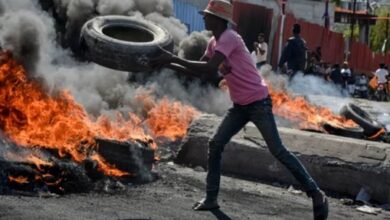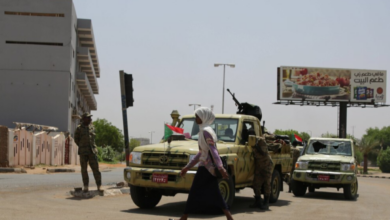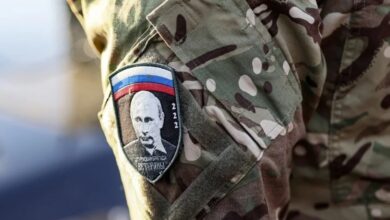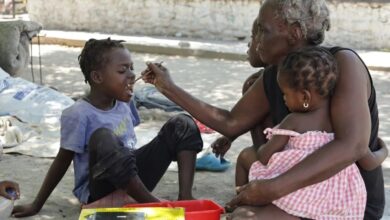Haiti Conflict Wears Down Kenyan Soldiers Seeking Solidarity
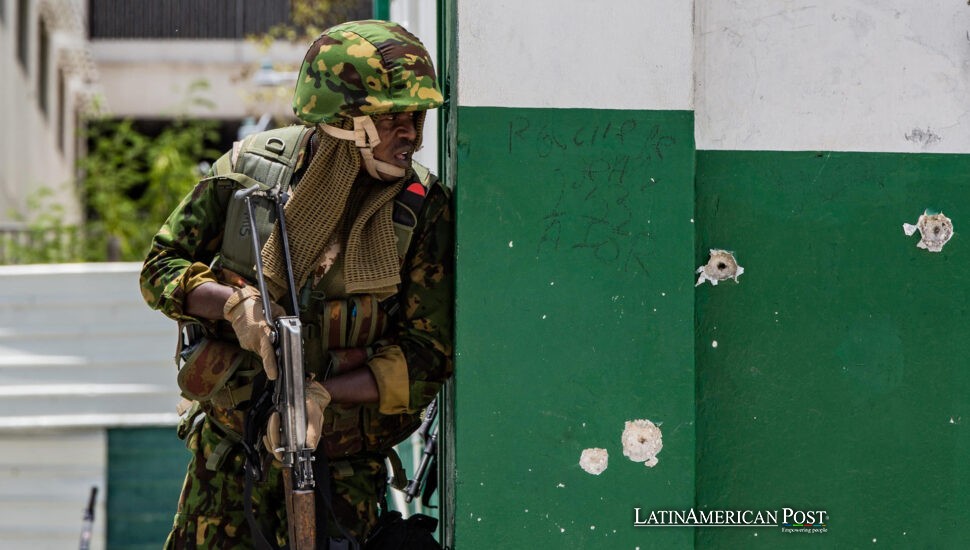
Kenyan soldiers deployed to Haiti are finding themselves caught in perpetual danger, tasked with confronting armed gangs while other nations provide limited support. As Haiti’s collapse looms, they feel abandoned—overworked, underpaid, and increasingly fearful that the odds are stacked against them.
Caught in the Crossfire
When Kenyan troops rolled into Port-au-Prince in June 2024 under the banner of the Multinational Security Support Mission (MSSM), they knew they were entering a volatile environment. Criminal gangs had already seized swaths of the Haitian capital, strangling humanitarian access and overwhelming local police. But what Kenyan officers never anticipated was how alone they would feel on the front lines.
A convoy of armored vehicles crawls through Pétion-Ville. Inside, Kenyan soldiers exchange orders in English, firearms clutched tight. Their mission is to patrol a zone near the Toussaint Louverture International Airport, still dominated by armed groups. It’s a daily dance of tension and potential violence.
“We are the only ones facing the bandits,” says one Kenyan officer, speaking on condition of anonymity. “Other countries secure buildings or handle evacuations of the wounded. The dangerous part—all of it—falls on us.”
According to sources close to the mission, at least a thousand Kenyans have deployed to Port-au-Prince. Already, some have been killed or wounded in ambushes—two died in Artibonite, and others were injured in separate attacks in July 2024 and March 2025.
“The criminals are better armed than we are,” another soldier laments, lowering his voice in dismay. Several Kenyans interviewed by EFE fear more casualties will follow unless the mission’s leadership prioritizes reinforcing their positions and ensuring they have access to heavier weaponry.
Fragmented Leadership, Mounting Disillusionment
In theory, the MSSM includes Guatemala, El Salvador, Belize, Jamaica, and the Bahamas, all intent on suppressing Haiti’s gangs. Yet Kenyan troops say the multinational force is fractured. They cite strategic missteps, disorganized command structures, and inadequate pay.
Officers confirmed to EFE that despite arriving in June 2024, they only received salaries covering up to the end of October. Kenyan police general Douglas Kanja acknowledged these payment delays, sparking anger among rank-and-file soldiers.
“Our vehicles break down all the time. There is no air support. We’re ordered to deploy on multiple fronts without backup,” complains one officer, describing how battered APCs often stall in gang-controlled zones. Another soldier mentions an elite circle of so-called “specialists” who avoid patrols: “Everything depends on who you know.”
From the Kenyans’ perspective, they risk their lives in the most volatile corners of Port-au-Prince while other units protect government offices or stand by in less contested sectors. The mission’s spokesperson, Jack Mbaka, admits they remain bogged down with “static security” tasks. Plans to transition into more active operations have stalled amid logistical and diplomatic wrangling.
“While they’re deciding everything, we’re the ones taking the hits,” a Kenyan officer tells EFE, frustration evident in his voice.
Nation Teetering, A Mission Adrift
Haiti’s overall crisis appears intractable. Nearly 90% of the capital is under the influence of gangs, while more than 5,600 people were murdered in 2024, according to United Nations data. Over a million people have been displaced, and many rely on humanitarian assistance, which is rapidly running out of funds. Doctors Without Borders (MSF) closed two medical centers due to rampant insecurity, leaving only one hospital in Cité Soleil. Even the Mirebalais University Hospital, the country’s central teaching facility, suffered gang incursions in March, forcing a temporary shutdown.
At the same time, Haiti’s interim government under Fritz Alphonse Jean has declared a “war budget” and unleashed the Brigada de Seguridad de Áreas Protegidas (BSAP), a controversial unit implicated in serious human rights violations. Local attorney Samuel Madistin, who heads the Je Klere Foundation, calls the BSAP “an armed group serving politicians.”
Among Haitian civilians, despair runs deep. Electricity is scarce, hospitals struggle, and food insecurity threatens half the population. Conditions on the ground overshadow the mission’s capacity to stabilize the country—particularly when some participants, like the Kenyans, bear a disproportionate share of the danger.
Officials from Kenya say they’ve voiced these grievances to mission leadership. Soldiers confide in EFE that top commanders respond with generic reassurances to “not lose hope.” But so far, nothing has changed.
“We’re told to keep going, even though it’s obvious the mission lacks direction,” gripes a Kenyan soldier, scanning the horizon through the open door of a malfunctioning armored vehicle. With local police overrun and gangs emboldened the Kenyans find themselves treading water.
Analysts note that the half-measures and muddled tactics undercut the MSSM mirror prior international interventions in Haiti. Since the 1990s, foreign forces have cycled through the country, regularly criticized for limited engagement or abrupt withdrawals. This time, a sense of urgency remains absent, even as kidnappings and murders escalate.
“Kenya is sending its young men and women into a cauldron,” says a local Haitian community leader who declined to give his name due to fear of reprisal. “If they fail, it isn’t just on them—it’s on an entire system that’s let Haiti fall so far.”
Amid the chaos, the Kenyans wonder if the cavalry will ever come. They see themselves outgunned, underpaid, and effectively left to wrestle with violent gangs in crumbling neighborhoods. And though other nations nominally contribute, the Kenyans say the burden is theirs alone.
For now, Haitian authorities, the United Nations, and the mission’s partner countries remain at an impasse on how to tackle the gangster armies menacing the capital aggressively. While they debate, Kenyans patrol, bury their fallen and persist in the face of adversity.
Also Read: Salvadorean Poet Murder Cold Case Marks Fifty Years of Mystery
“We express our concerns, but nothing changes,” another officer says, pausing to watch a plume of smoke from a distant skirmish rise into the sky. “We’ve been told to stay hopeful, but it feels like no one else is paying the price.”

